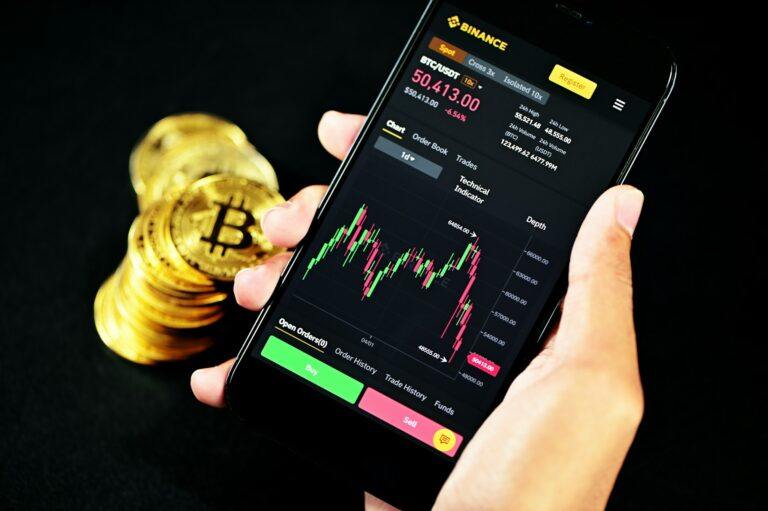The price of the flagship cryptocurrency Bitcoin ($BTC) dipped below $60,000 for the first time since early May after Mt. Gox, a once-dominant cryptocurrency exchange, announced plans to distribute billions of dollars’ worth of recovered Bitcoin and Bitcoin Cash to creditors.
Mt. Gox was the world’s leading Bitcoin exchange before collapsing in 2014 following a series of hacks that resulted in the loss 850,000 BTC. After years of legal wrangling, Mt. Gox managed to recover roughly 140,000 Bitcoins, leaving a path to compensate creditors who had been left in the lurch.
The announcement by trustee Nobuaki Kobayashi detailed a payout plan slated for next month. Recovered Bitcoin and Bitcoin Cash – with the BCH being automatically awarded to creditors after a 2017 blockchain fork – will be distributed through partner cryptocurrency exchanges including Kraken, Bitstamp, and BitGo.
The news sent shockwaves through the crypto market and led to a massive price drop, as analysts believe that the BTC – which could range from 65,000 to 140,000 and be worth nearly $9 billion – could be sold by creditors who waited over a decade to get back their funds.
Over the last 24-hour period, data from CoinGlass shows that over $100 million worth of Bitcoin long and short positions were liquidated over the volatility that saw BTC’s price drop to a $58,000 low before recovering, to now trade at $61,300.
Some analysts, however, believe the impact may be overstated. Alex Thorn, research head at Galaxy Digital, suggested that only around 65,000 Bitcoins will be distributed to individual creditors, many of whom are early adopters unlikely to flood the market.
Tax implications also play a role – creditors who bought Bitcoin when it was priced at a fraction of its current value face significant capital gains taxes if they sell immediately.
Large claim funds and a separate bankruptcy process are expected to receive the remaining tokens. Bitcoin Cash, created as a fork of the original Bitcoin chain, is expected to see a steeper decline due to its lower liquidity compared to BTC and the potential lack of interest among the recipient “OG” Bitcoiners, according to Thorn.
Featured image via Unsplash.








